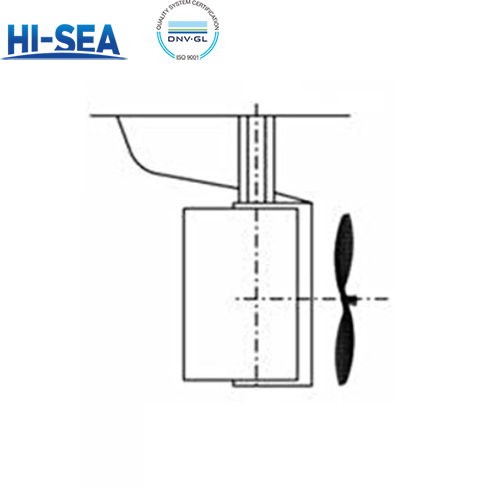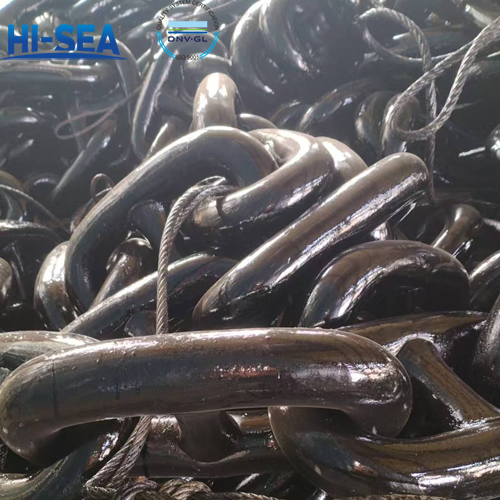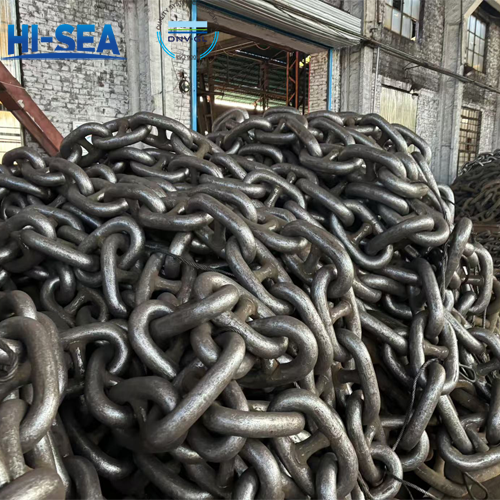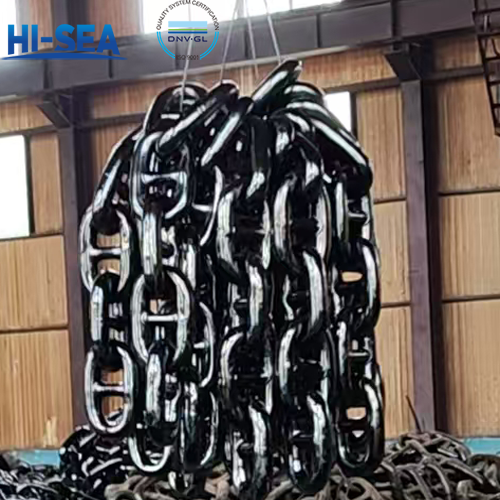
Marine Balanced Rudder
Marine balanced rudder is a rudder in which the axis of the stock is located a certain distance behind the guide edge of the rudder blade. The balance rudder is suspended from the stern, and the weight of the rudder is supported by the rear end of the keel. Because the rudder shaft axis is not in the guide side of the rudder blade, the distance between the rudder pressure center and the rudder shaft axis is shortened, so that the steering torque is reduced. This kind of rudder rotation is lighter and the steering gear requires less power. There is enough room behind the propeller for a balance rudder.
Overview
The rudder blade before the axis of the rudder stock serves as a balance act. The ratio of the area of this part to the total area of the rudder blade is called balance ratio or balance coefficient, which is generally between 0.2 and 0.3. The marine balanced rudder reduces the torque of the rudder turning around the shaft, and the power of the steering gear can be reduced accordingly. It is a kind of rudder widely used on the sea ship at present.
A balanced rudder requires less torque to turn because the axis of this rudder is placed near to the center of gravity.
The balanced rudder has 20-40% of the area forward of the rudder stock, and there is no torque on the rudder stock at certain angles.
Features:
High quality, long service life
Wide application
Less power needed
Corrosion resistant
Wear and water proof
High navigation efficiency





